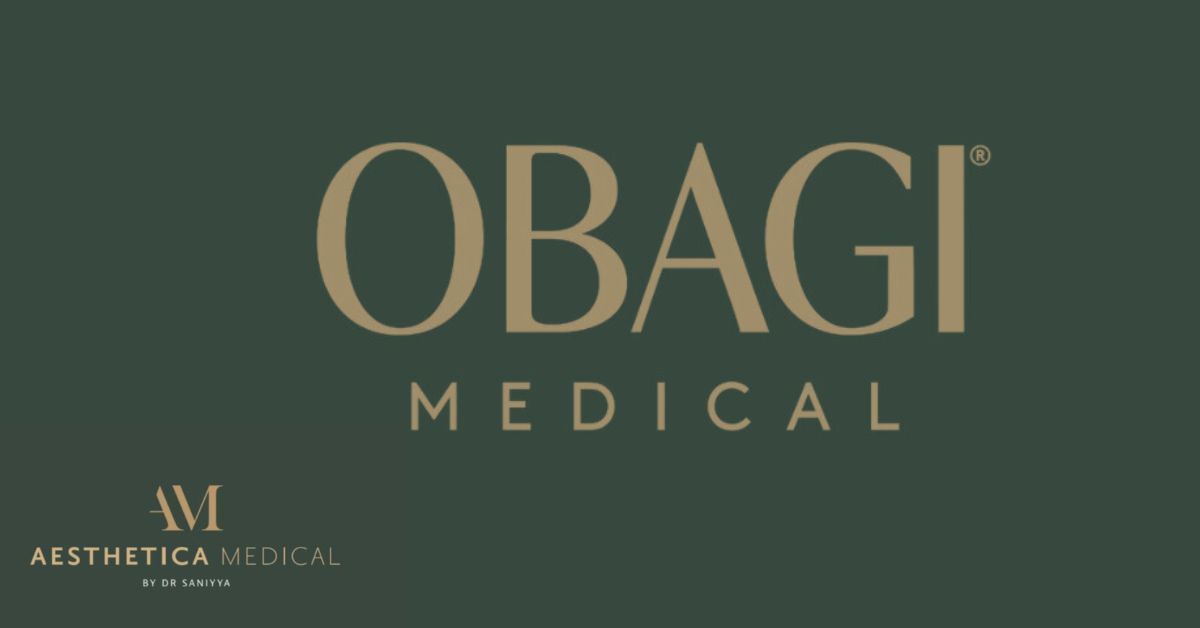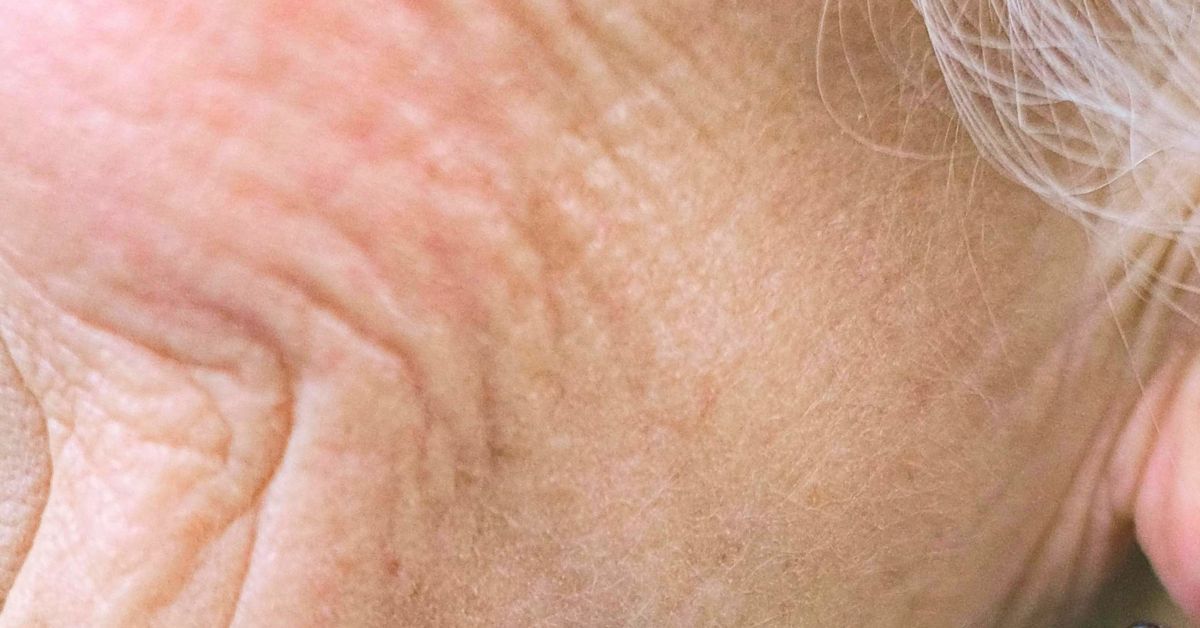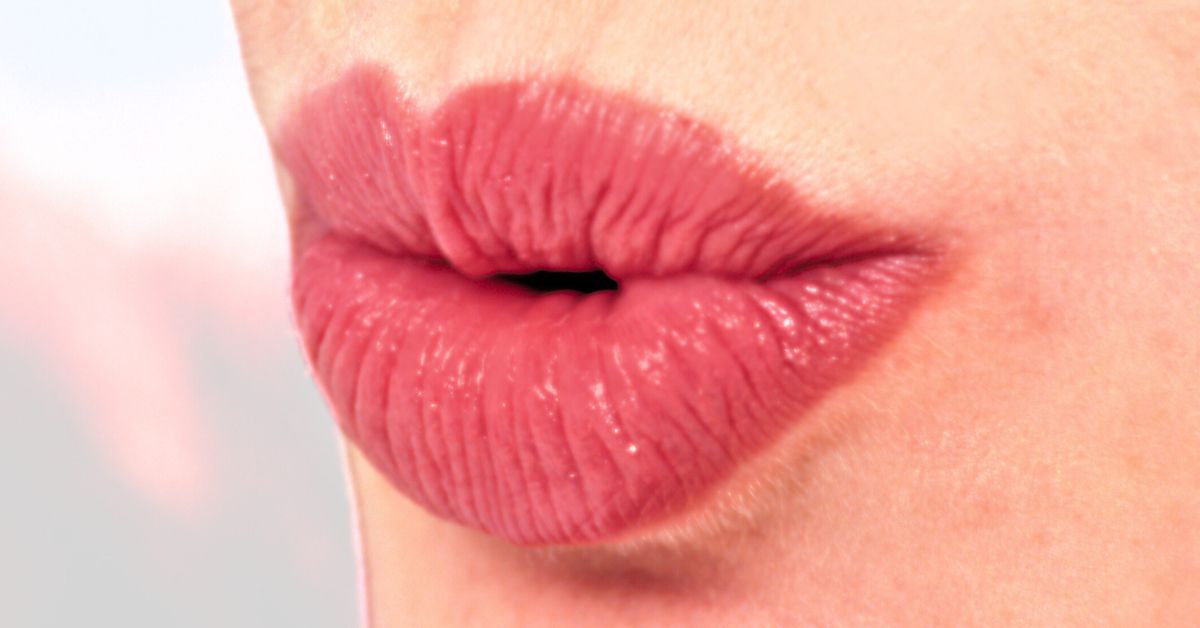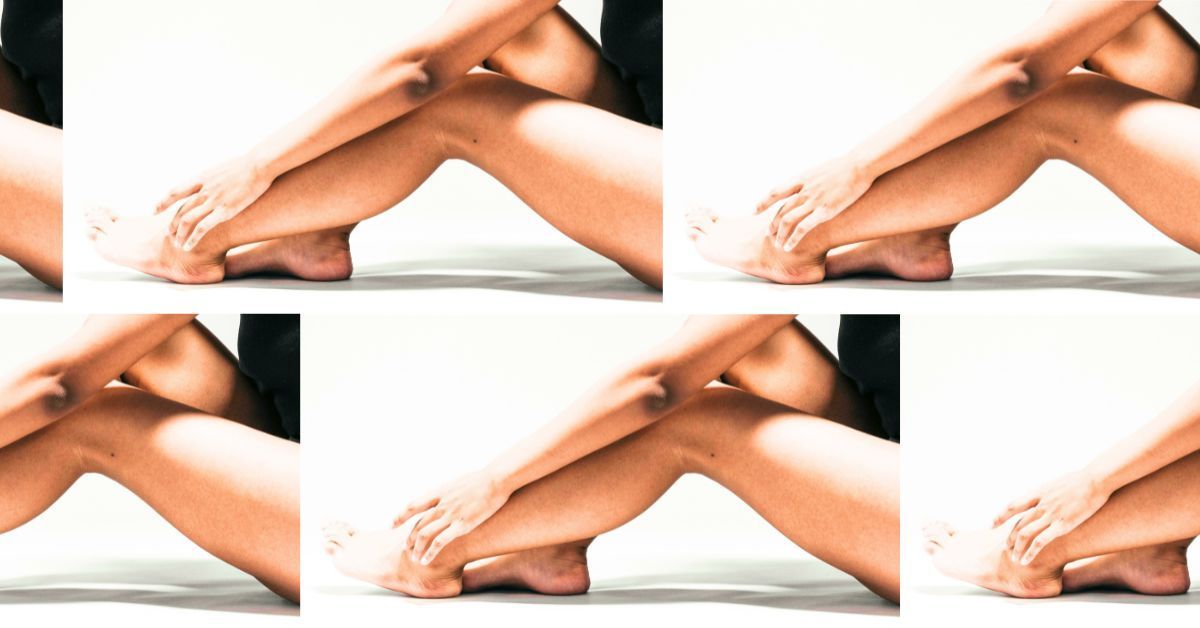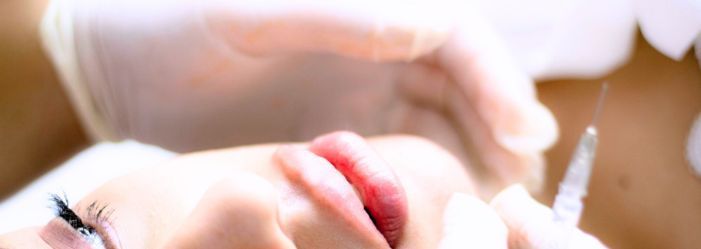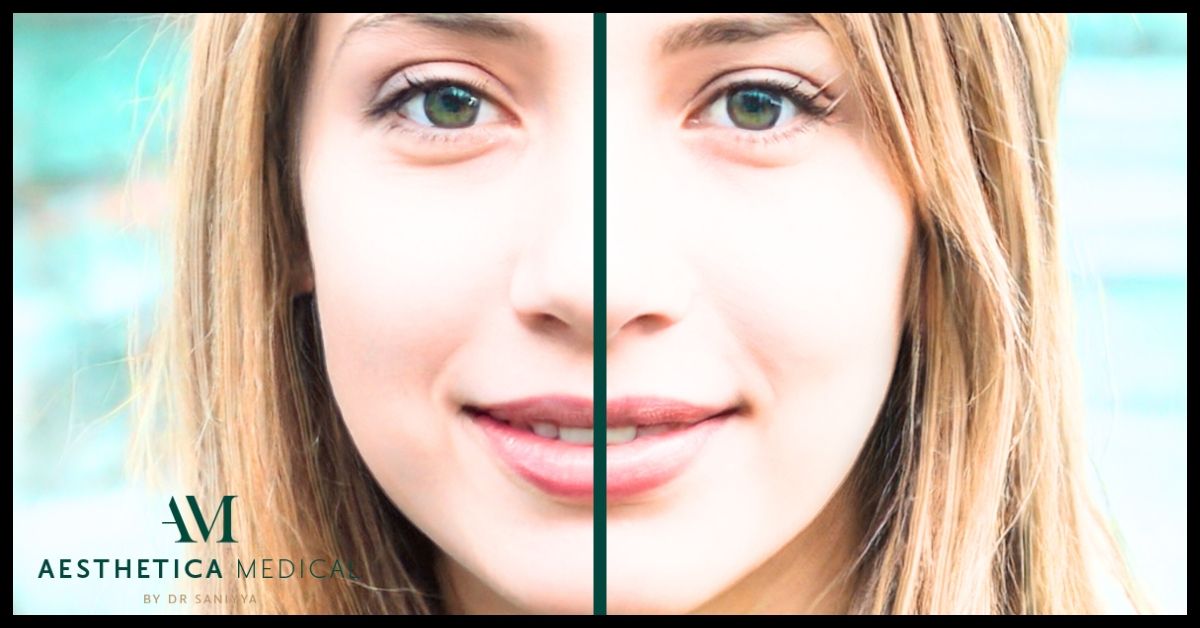Eating for your skin
It’s easy to think of skincare as something topical, - creams, serums, and procedures. But what you eat might shape your skin just as much as what you apply. Skin reflects your internal health, and many signs of ageing, inflammation, or dullness often begin in the gut, not the mirror. Considering that we perform anti-ageing treatments here at Aesthetica Medical, we thought we’d mix it up a bit by including things that you can do for your skin, outside of having skin treatments.
Why diet matters for skin ageing
The skin is an organ, and like any living tissue in our body, it needs the right nutrients to thrive. Age and sun exposure certainly do leave their mark, but one often-overlooked driver of skin ageing is your diet, especially the quiet building-up of inflammation and oxidative stress over time.
Certain foods can accelerate this process.
- Sugar and ultra-processed carbohydrates: for example, do more than spike your blood sugar, - they bind to your skin’s structural proteins (collagen and elastin), damaging their integrity in a process known as glycation.
- The potential result? Skin that’s thinner, drier, and less able to bounce back. Fine lines, dull tone, and age spots may follow.
- Dairy: It is possible that dairy can also play a role, particularly skimmed and processed forms. Some studies suggest a link between certain types of milk and acne flare-ups.
- The culprits? A mix of hormones, proteins, and sugars that may trigger inflammation in susceptible people.
- Then there are inflammatory fats: vegetable oils like sunflower or rapeseed, commonly found in processed foods and takeaways.
- These oils are unstable at high heat and may disrupt the body’s balance of healthy fats, tipping the skin’s environment into pro-inflammatory territory.
What to include for skin nourishment
Some foods work against your skin, while others actively support its structure, hydration, and natural repair systems.
Antioxidants are a good place to start
These compounds help neutralise the damage caused by free radicals, - unstable molecules generated by pollution, sunlight, and also stress. When left unchecked, free radicals can speed up the signs of ageing. Luckily, brightly coloured fruits and vegetables come packed with antioxidant power. We mean things like:
- beta-carotene from carrots and pumpkin,
- lutein from leafy greens, and
- polyphenols from things like green tea, cocoa, or pomegranates.
Omega-3 fatty acids are another quiet hero
Found in oily fish, walnuts, and flaxseeds, these fats help regulate inflammation throughout the body, including the skin. If you deal with dry patches, rosacea, or eczema, increasing omega-3s in your diet could make a visible difference. They also support the skin barrier, - your natural defence against moisture loss.
Not forgetting fibre
Not the flashiest nutrient, but a key player in maintaining gut health, - which, in turn, helps balance hormones and reduce breakouts.
- Eating more fibre-rich foods like berries, oats, legumes, and seeds
- Helps stabilise blood sugar too, lowering the risk of insulin spikes that can lead to flare-ups.
Protein and polyphenols: underrated allies
Protein gives your skin structure, - literally.
Collagen, elastin, and keratin are all made from amino acids, and without enough high‑quality protein in your diet, your body simply can’t produce these fibres efficiently.
- It’s not just about quantity. The source matters. Oily fish, organic eggs, and grass‑fed meats tend to offer more skin‑supportive nutrients, - including zinc and selenium.
- Plant‑based options like hemp seeds and quinoa also contain key amino acids, with the bonus of fibre and anti‑inflammatory compounds.
Then there are polyphenols
compounds found in plants that help protect cells from damage.
- Green tea, cocoa powder, olives, herbs, and berries are all rich in them.
- Some polyphenols, such as resveratrol in red grapes, may help support collagen production and calm oxidative stress, - a known contributor to premature ageing.
When in doubt, eat the rainbow. Colour tends to signal phytonutrients, and diversity matters more than perfection.
Supplements, swaps, and small wins
Supplements aren’t a shortcut but they can be a helpful addition when your diet isn’t quite hitting the mark.
- Omega-3 capsules, liposomal vitamin C, zinc, or algae-based oils may support the skin from within, especially during times of stress or hormonal change.
- For mature skin, ingredients like resveratrol or CoQ10 show promise, although results vary from person to person.
One thing worth remembering?
Better skin doesn’t come from cutting everything out. It often starts with gentle swaps, - like switching to fermented dairy, using olive oil at low heat, or adding flaxseed to your breakfast. Over time, these small shifts support not just your skin, - but your energy, digestion, and mood too.
On balance, the best skin diet doesn't involve eating the odd healthy meal
It’s the consistent dropping of unhealthy foods in favour of the healthy ones. Every colourful plate is a small act of self-care that your skin will thank you for.
If you’d like tailored support for your skin health
We are here to help. Book a consultation to explore the treatment options that suit your skin, your goals, and your lifestyle.
We are dedicated to providing you with the highest quality care and achieving optimal results. Book in for an appointment to see how we can help with your concerns.


